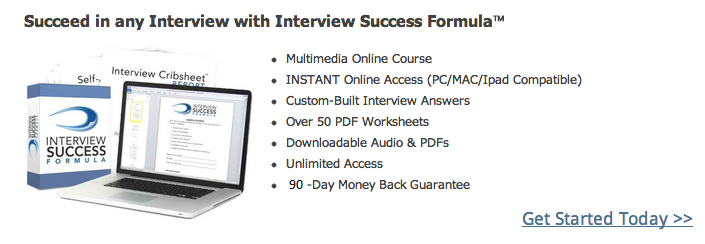It doesn't matter what company or career you are pursuing - every job seeker must do one thing to prepare for an interview.
Nearly all job seekers know that crafting interview answers ahead of time and practicing them impacts your performance. Still, many overlook how important it is to also prepare physically for an interview.
This one step tops that list. Your performance can be impaired so much by not doing this that you may be better off showing up drunk. The impact is that big.
Let me explain why getting enough sleep is so important.
In college, I was a research assistant in a sleep lab. The research team was running an experiment sponsored by NASA. It wanted to figure out how much sleep an astronaut needed. I was surprised by what we found.
With every hour in space comes a hefty price tag, which puts sleeping at a premium. The research team ran multiple groups of participants who received different amounts of sleep. We were trying to pinpoint that exact sleep threshold. My job was to keep the subjects awake and make sure they took their various cognitive tests on time. Our results?
We found that even with six-and-a-half hours of sleep, most people demonstrated a performance deficit. They were less able to do simple mathematical tasks and effectively perform other cognitive tests, and they showed slower reaction time. And getting less sleep had an even more dramatic effect:
One study found that after being awake for just 19 hours, a person's driving skill decreases to the level of someone who just spent an evening at a bar drinking 6 beers. Back to your job interview.
How do reaction time and cognitive tasks relate to performing well during an interview? While preparation and practice are critical to a successful interview, in most interviews you may still find some surprises. There likely will be questions that you weren't expecting. At that point, you have several options.
Yes, you can give yourself a little bit of leeway to answer the question in a number of ways. This includes pausing, repeating the question back to the interviewer, or asking for a few moments to gather your thoughts. Still, even if you implement all of these stall tactics, you will have given yourself at most 30 seconds to come up with an answer. And this is where the sleep really matters.
Will your reaction time be fast enough and your thinking sharp enough so that you deliver strong response? Or will you blank out from being tired?
Depending on how tired you are, one night of good sleep may not be enough to get you back on track and put you in top shape for the interview. In the sleep lab, when participants were intentionally shortchanged on sleep for over week, it could take three days of recovery sleep before they were entirely back on track. So, you'll have to keep a watch on your total sleep for a few days before your interview.
Unfortunately, if you're at all like me, sleeping can sometimes be easier said than done, especially the night before an interview. Stress and anxiety can get in the way of a good night's rest and leave you tossing and turning.
Therefore, you may need to take action the day or days before your interview in order to reduce that stress. Exercise is probably the best way to do this. In particular, I recommend aerobic exercise, such as running, swimming, biking or hiking. Don't hurt yourself, but you may have to do a bit more than a quick jog around the block if you really want to work the stress out of your system. If you don't like exercise, you can also consider going for a massage.
However else you prepare for an interview, even with less than 24 hours to be ready, remember this: Rest up, exercise, eat well, and treat your body right to perform at your physical and mental best.


